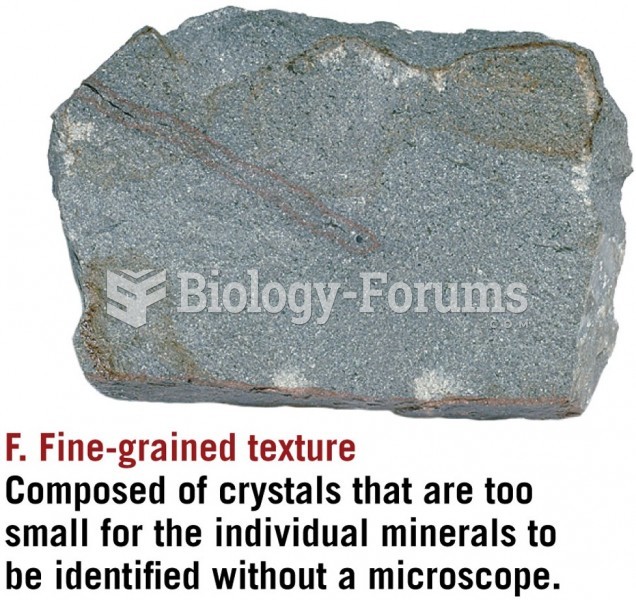|
|
|
The Centers for Disease Control and Prevention (CDC) was originally known as the Communicable Disease Center, which was formed to fight malaria. It was originally headquartered in Atlanta, Georgia, since the Southern states faced the worst threat from malaria.
More than 2,500 barbiturates have been synthesized. At the height of their popularity, about 50 were marketed for human use.
Cancer has been around as long as humankind, but only in the second half of the twentieth century did the number of cancer cases explode.
Fatal fungal infections may be able to resist newer antifungal drugs. Globally, fungal infections are often fatal due to the lack of access to multiple antifungals, which may be required to be utilized in combination. Single antifungals may not be enough to stop a fungal infection from causing the death of a patient.
Aspirin is the most widely used drug in the world. It has even been recognized as such by the Guinness Book of World Records.







